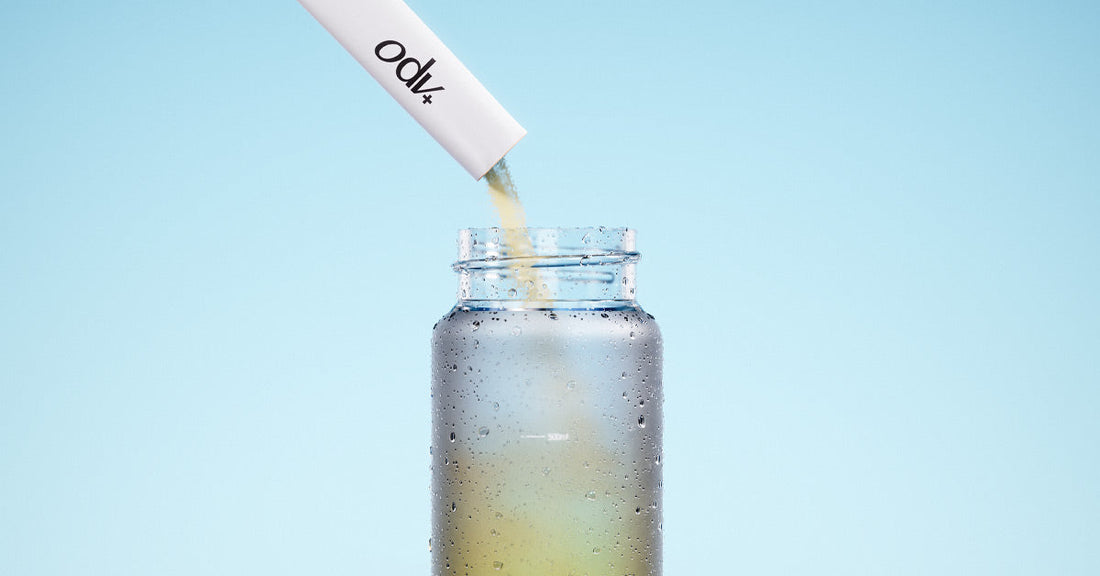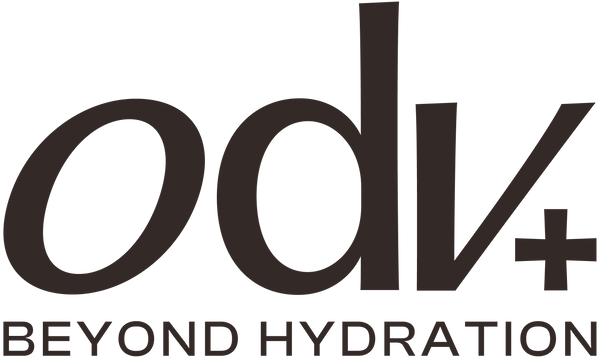
The 6 Key Electrolytes Your Body Needs
Share
The 6 Key Electrolytes Your Body Needs — and Why They Matter
Electrolytes are minerals that carry an electric charge, helping your body regulate everything from muscle contractions to hydration levels. When we think of electrolytes, many of us only think of sodium. But true hydration and performance depend on a full spectrum of electrolytes - each playing a unique and vital role.
Here’s why all six matter, and how they work together to keep your body and brain at their best.
1. Sodium - The Hydration Gatekeeper
-
What it does: Sodium regulates fluid balance, nerve signaling, and muscle function. Without it, water can’t properly move into your cells, leaving you dehydrated even if you’re drinking enough.
-
Why it’s crucial: Low sodium levels can lead to dizziness, muscle cramps, and even reduced cognitive performance.
- Where it’s found naturally: Sea salt, pickles, olives, and mineral-rich foods.
2. Potassium - The Muscle and Nerve Helper
-
What it does: Potassium works alongside sodium to maintain healthy muscle contractions and heart function. It also supports nerve signaling and energy metabolism.
-
Why it’s crucial: A potassium imbalance can lead to fatigue, muscle weakness, and irregular heartbeat.
- Where it’s found naturally: Bananas, avocados, sweet potatoes, and leafy greens.
3. Magnesium - The Energy Mineral
-
What it does: Magnesium is involved in over 300 enzymatic reactions, including those that produce ATP - the energy your cells use to function. It also supports relaxation and reduces muscle cramping.
-
Why it’s crucial: Low magnesium levels are linked to fatigue, brain fog, and stress-related tension.
- Where it’s found naturally: Almonds, seeds, spinach, and dark chocolate.
4. Calcium - More Than Strong Bones
-
What it does: Calcium isn’t just for bone health. It helps with muscle contraction, nerve transmission, and blood clotting. It also works with magnesium to maintain cellular hydration.
-
Why it’s crucial: A lack of calcium can lead to muscle spasms and impaired nerve signalling.
- Where it’s found naturally: Dairy, fortified plant milks, kale, and almonds.
5. Chloride - The Balancer
-
What it does: Chloride helps balance fluids and pH levels in the body. It also plays a role in digestion as part of stomach acid (hydrochloric acid).
-
Why it’s crucial: Without chloride, your body can’t maintain proper hydration or acid-base balance.
- Where it’s found naturally: Table salt, seaweed, tomatoes, and celery.
6. Phosphate - The Cellular Charger
-
What it does: Phosphate is essential for ATP (adenosine triphosphate), the molecule your body uses for energy. It also supports bone health and acts as a buffer to maintain pH balance.
-
Why it’s crucial: Without phosphate, energy metabolism slows down, which can lead to fatigue and poor recovery.
- Where it’s found naturally: Meat, dairy, nuts, and whole grains.
The Power of the Full Spectrum
Each electrolyte has its own job, but they work best as a team. A well-balanced electrolyte blend helps you:
- Stay hydrated at the cellular level
- Maintain steady energy throughout the day
- Support muscle function and recovery
- Keep your brain sharp and focused
Relying on just one or two (like sodium alone) won’t give your body what it truly needs.
References
- Sawka MN, Cheuvront SN, Carter R. Human water needs. Nutrition Reviews. 2005;63(6):S30-S39.
- Maughan RJ, Shirreffs SM. Hydration and sports performance. Nutrition Reviews. 2010;68(8):439-458.
- de Baaij JH, Hoenderop JG, Bindels RJ. Magnesium in man: implications for health and disease. Physiological Reviews. 2015;95(1):1-46.
- Palmer BF, Clegg DJ. Physiology and pathophysiology of sodium and potassium balance. New England Journal of Medicine. 2015;373:60-72.
- Weaver CM. Potassium and health. Advances in Nutrition. 2013;4(3):368S-377S.
- Knez WL, Peake JM, Suzuki K. Phosphorus and exercise performance. Nutrition. 2016;32(3):475-481.
